Description
Iron Supplements: Are You Getting Enough?
Iron is an essential mineral that plays a vital role in numerous bodily functions, most notably carrying oxygen throughout the body via red blood cells. Without adequate iron, you might experience fatigue, weakness, and a host of other unpleasant symptoms. While many people obtain sufficient iron through their diet, others may need to consider iron supplements to maintain optimal health.
Why is Iron So Important?
Iron is a key component of hemoglobin, the protein in red blood cells responsible for transporting oxygen from the lungs to the rest of the body. It’s also a crucial part of myoglobin, a protein that helps store oxygen in the muscles. Beyond oxygen transport and storage, iron is involved in:
- Energy Production: Iron aids in the conversion of food into energy.
- Immune Function: Iron supports a healthy immune system.
- Cognitive Function: Proper iron levels are necessary for optimal brain function and cognitive performance.
- Cell Growth and Development: Iron plays a role in cell growth and differentiation.
Who Might Need Iron Supplements?
While a balanced diet usually provides enough iron, certain individuals are at a higher risk of iron deficiency and may benefit from supplementation. These include:
- Women of Childbearing Age: Menstruation can lead to significant iron loss each month.
- Pregnant Women: Iron needs increase dramatically during pregnancy to support the growing fetus and placenta.
- Individuals with Blood Loss: Conditions like heavy periods, frequent nosebleeds, or gastrointestinal bleeding can deplete iron stores.
- Vegetarians and Vegans: Plant-based sources of iron are generally less readily absorbed by the body than iron from animal products.
- People with Certain Medical Conditions: Conditions like celiac disease, Crohn’s disease, and kidney disease can impair iron absorption.
- Infants and Young Children: Rapid growth spurts can increase iron requirements.
- Frequent Blood Donors: Donating blood regularly can lead to iron depletion.
Signs of Iron Deficiency:
Iron deficiency, also known as anemia, can manifest in various symptoms including:
- Fatigue and Weakness: Feeling tired and lacking energy is a common sign.
- Pale Skin: Reduced red blood cell count can result in pale skin, especially around the eyelids and gums.
- Shortness of Breath: Reduced oxygen delivery to the body can cause shortness of breath, especially during exertion.
- Headaches: Iron deficiency can trigger headaches.
- Dizziness: Low iron levels can lead to dizziness and lightheadedness.
- Brittle Nails: Nails may become brittle and spoon-shaped.
- Cold Hands and Feet: Impaired circulation can result in cold extremities.
- Pica: Craving non-food items like dirt, clay, or ice.
Choosing the Right Iron Supplement:
If you suspect you may be iron deficient or are at risk, consulting with your doctor is crucial. They can perform a blood test to assess your iron levels and recommend the appropriate course of action. If supplementation is necessary, your doctor can advise on the best type of iron supplement for your individual needs and health history.
Different forms of iron supplements are available, including:
- Ferrous Sulfate: The most common and affordable type, but can sometimes cause gastrointestinal side effects.
- Ferrous Fumarate: Another common option, often better tolerated than ferrous sulfate.
- Ferrous Gluconate: Generally well-tolerated, but contains a lower percentage of elemental iron.
- Iron Bisglycinate Chelate: A form of iron that is often easier on the stomach and better absorbed.
- Heme Iron Polypeptide: A form of iron derived from animal sources that is well-absorbed and less likely to cause side effects.
Tips for Taking Iron Supplements:
To maximize absorption and minimize potential side effects, consider the following tips:
- Take on an Empty Stomach: Iron is best absorbed when taken on an empty stomach, about an hour before or two hours after meals. However, if you experience stomach upset, you can take it with food.
- Avoid Certain Foods and Beverages: Dairy products, coffee, tea, and calcium-rich foods can inhibit iron absorption. Avoid consuming these items around the time you take your supplement.
- Take with Vitamin C: Vitamin C enhances iron absorption. Consider taking your iron supplement with a glass of orange juice or a vitamin C supplement.
- Start with a Low Dose: Begin with a low dose and gradually increase it as tolerated to minimize gastrointestinal side effects.
- Be Patient: It may take several weeks or even months to replenish iron stores. Continue taking the supplement as directed by your doctor.
Potential Side Effects and Precautions:
Iron supplements can sometimes cause side effects, including:
- Constipation: This is a common side effect. Increasing fiber intake and staying well-hydrated can help alleviate constipation.
- Nausea: Some people experience nausea when taking iron supplements. Taking the supplement with food or dividing the dose throughout the day can help.
- Stomach Cramps: Stomach cramps are another possible side effect.
- Dark Stools: Iron supplements can cause stools to appear dark or black. This is generally harmless but should be reported to your doctor to rule out other causes.
Important Precautions:
- Do not exceed the recommended dosage. Too much iron can be toxic.
- Keep iron supplements out of reach of children. Iron poisoning is a leading cause of accidental poisoning in children.
- Talk to your doctor before taking iron supplements, especially if you have any underlying medical conditions or are taking other medications.
Conclusion:
Iron is a vital mineral that plays a critical role in numerous bodily functions. If you suspect you may be iron deficient, consult with your doctor to determine if iron supplementation is necessary. By following your doctor’s recommendations and taking iron supplements properly, you can replenish your iron stores, improve your energy levels, and maintain optimal health. Remember that iron supplementation is not a substitute for a healthy diet. Focus on consuming iron-rich foods as part of a balanced and varied diet.



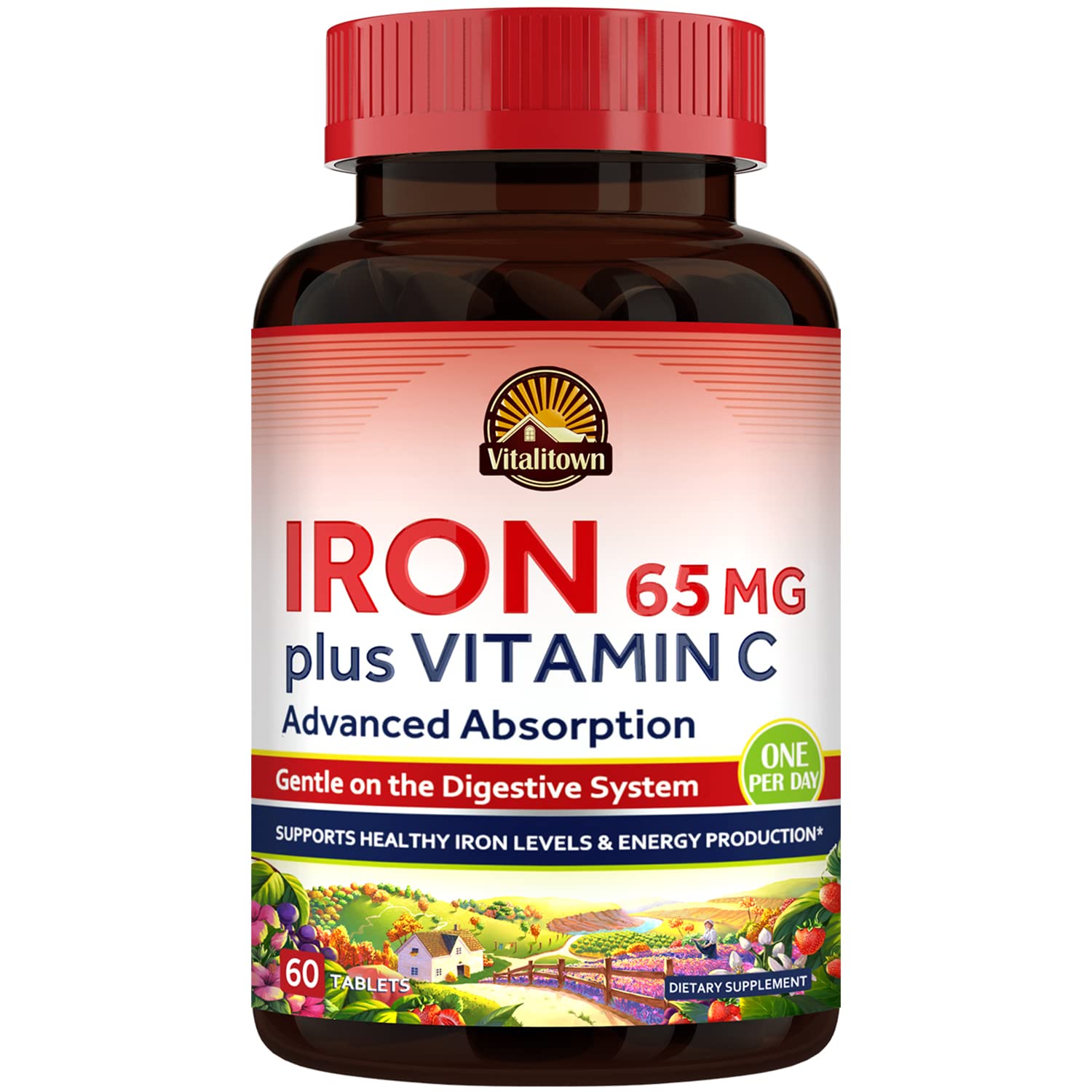
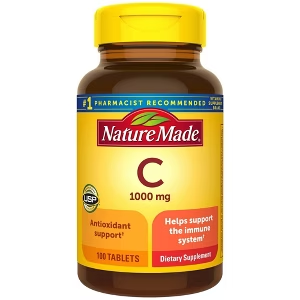
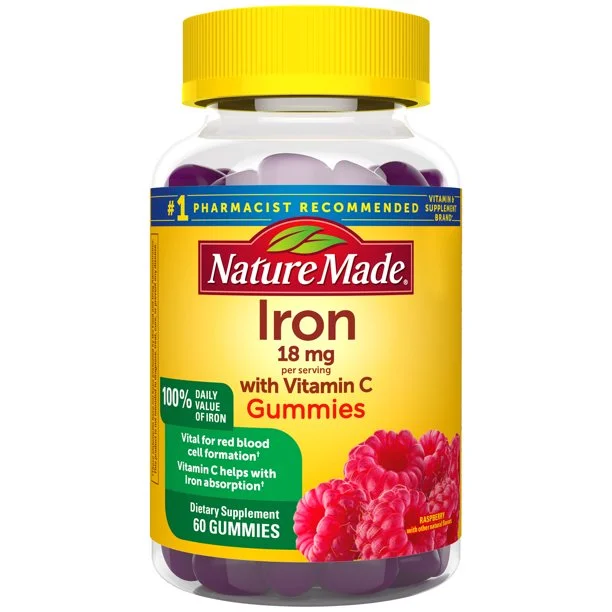
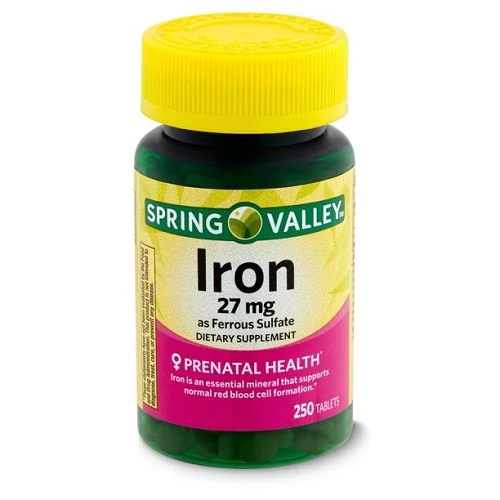


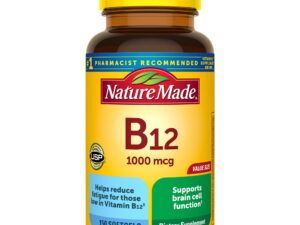
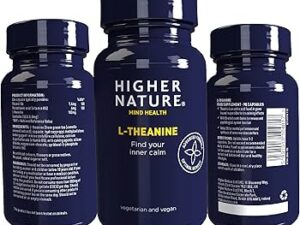

Reviews
There are no reviews yet.